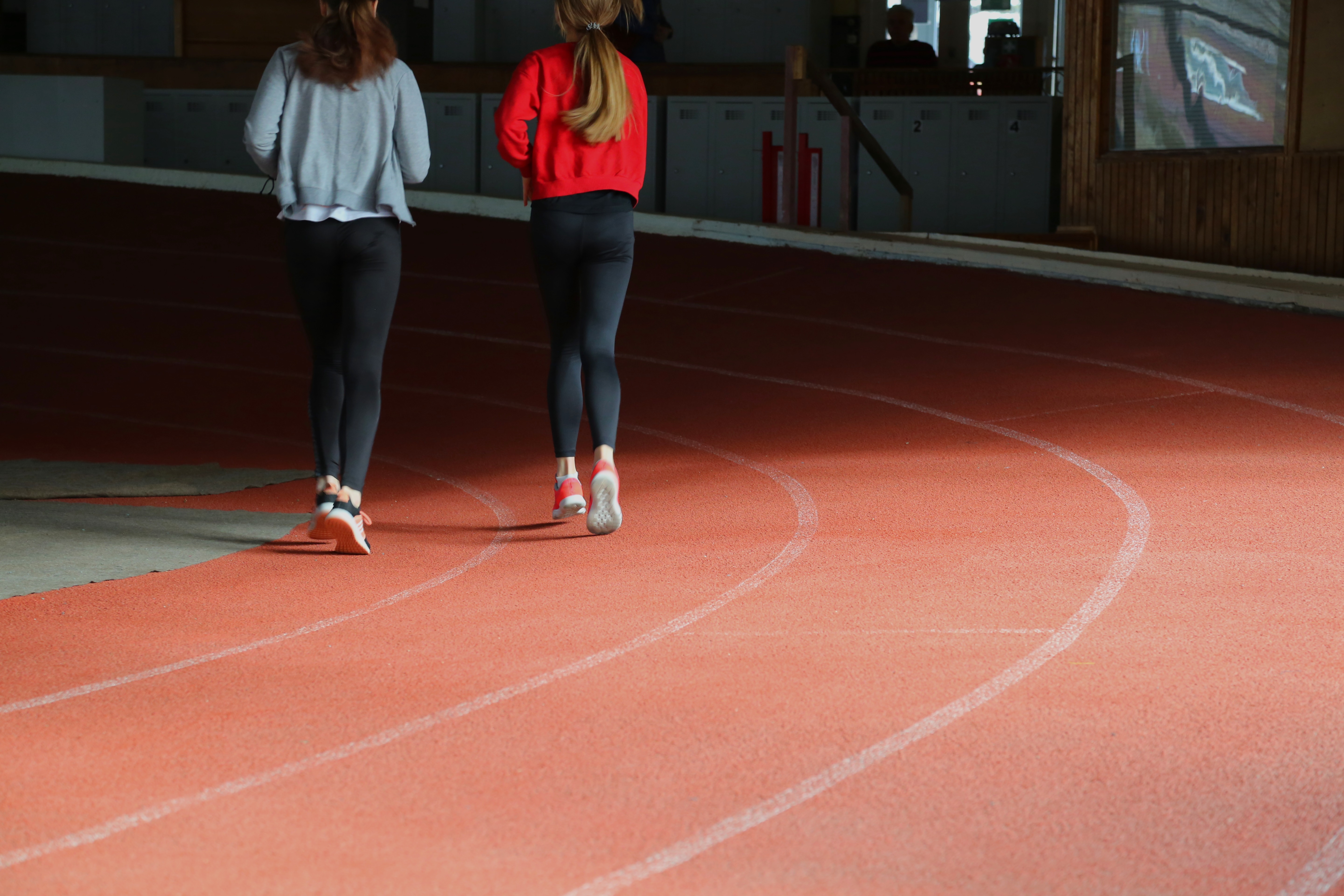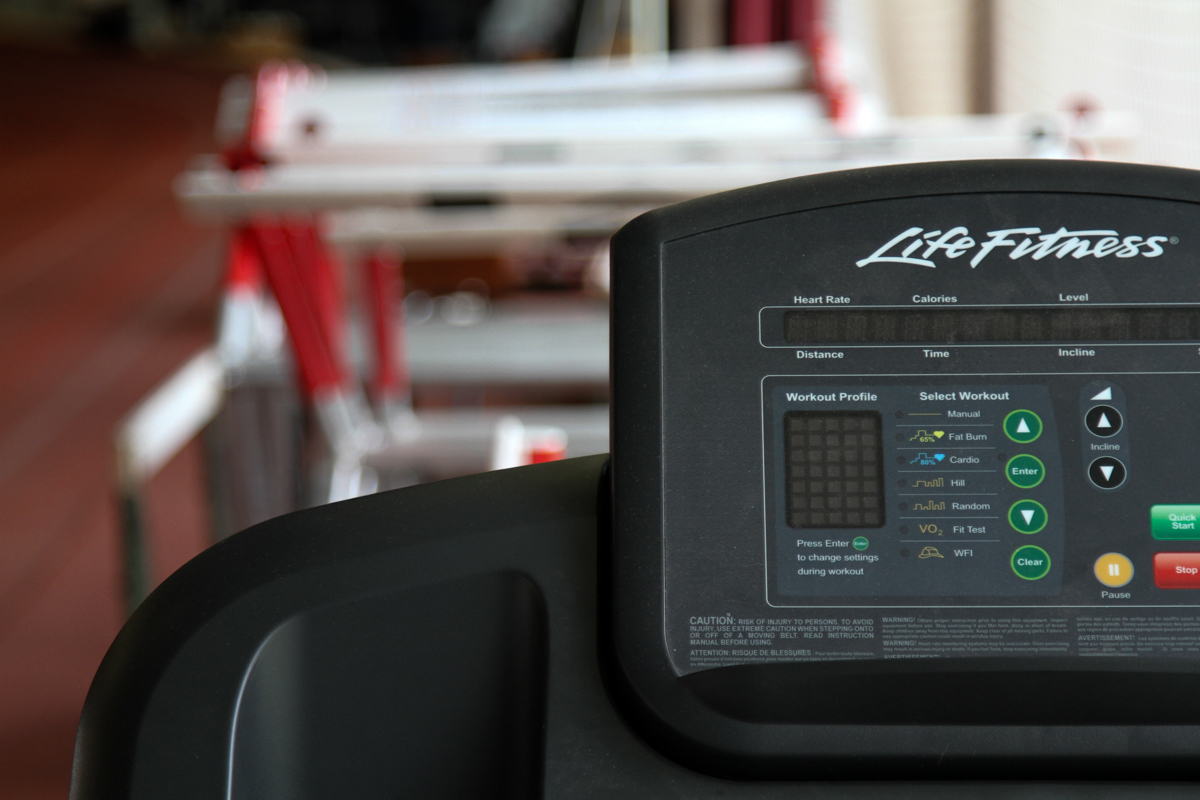Lithuanian Sports University (LSU) scientists Prof. Dr. Saulius Šukys, Assoc. Prof. Dr. Ilona Tilindienė, and Assoc. Prof. Dr. Laima Trinkūnienė have conducted an important study on the health literacy of Lithuanian adolescents. The results of the study have been published in the International Journal of Environmental Research and Public Health.
“Till now, there was no comprehensive research on student health literacy in our country. Therefore, in our study we aimed to find out what health literacy of Lithuanian adolescents is. We also analysed the relation between health literacy and academic achievements in schools,” said Prof. Dr. S. Šukys.
The World Health Organization (WHO) describes health literacy as cognitive and societal skills that determine people’s motivation and ability to seek, understand, and access information in all ways that promote and maintain good health. Importantly, health literacy is not only the ability to access and understand health-related information, but also a factor that enables health-related decisions and actions. LSU scientists interviewed 2,369 students aged 13-16 (47.5 % of them were boys). Only 17.4 % were found to be characterized by high level of health literacy, average level of health literacy was characteristic to 70.5 %, and respectively the lowest level – to 12.1 % of the respondents. Girls’ health literacy was better than that of boys.
According to LSU scientists, a similar study was conducted in Finland a year ago. Interestingly, the Finnish adolescent health literacy survey also found a similar percentage of low health literacy students. However, there is something to worry about as the number of adolescents characterized by high level of health literacy in Lithuania is twice smaller than in Finland.
As expected, higher academic achievements among Lithuanian students are positively related to higher level of health literacy. The study also explored how school-based health promotion activities are linked to health literacy. It was surprising that activities in schools aimed at preventing smoking, alcohol and drug abuse as well as physical activity promotion were not related to student health literacy. However, school-based bullying prevention activities were positively associated with higher levels of student health literacy. These results are partly in line with the concept of health literacy, which is linked not only to a better understanding of one’s self, but also to those around, and the ability to cooperate.
Although health literacy in the adult population has been the subject of more research in the world, the importance of research on children’s health literacy has increased in recent years. Up-to-date research has shown that low child health literacy is associated with smoking, alcohol consumption, obesity risk, and lower self-esteem. Health literacy as a learning outcome emphasizes a much broader range of knowledge and competencies that help children better understand themselves, others, and the world around them and make informed health-related decisions.




